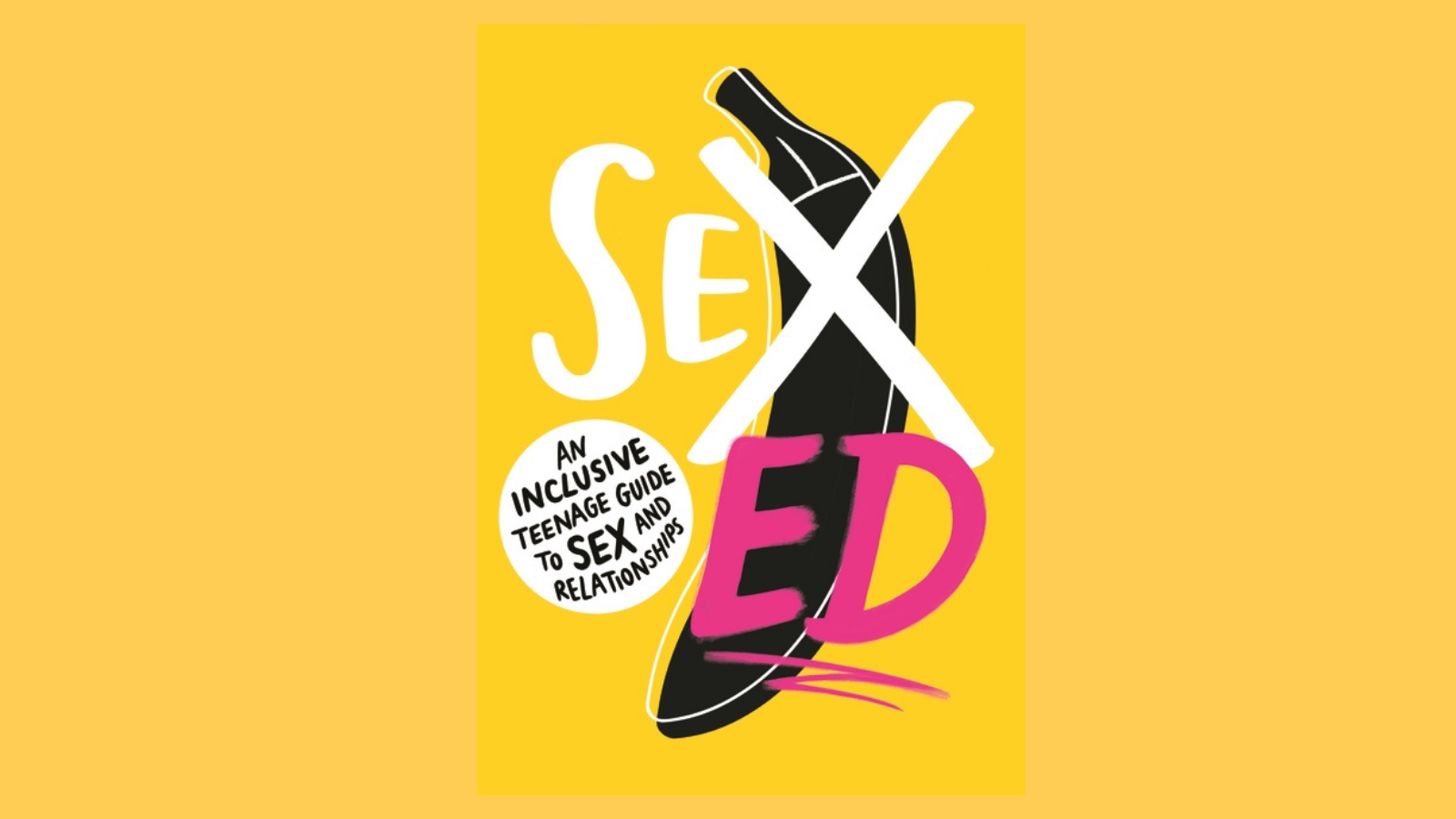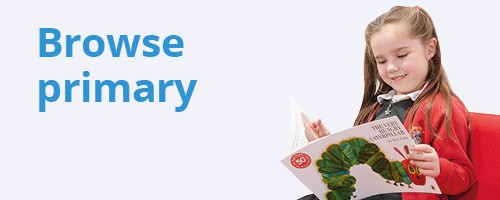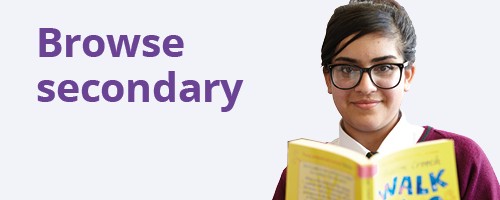For help, advice and telephone ordering call our team on 0121 666 6646
Are you sure you wish to delete this basket?()
This action cannot be undone.
Sorry, something went wrong
Please report the problem here.
Sex Ed: An Inclusive Teenage Guide to Sex and Relationships

September 16th 2021
Sex Ed: An Inclusive Teenage Guide to Sex and Relationships is a positive, practical and empowering guide for teenagers, tackling sex and relationships in an inclusive and non-judgemental way. Written by the award-winning team at School of Sexuality Education, the guide explores consent, sexual health, body image, online life, gender & sexuality and relationships, and looks at how these topics intersect with each other.
As a Relationships and Sex Education (RSE) charity, we take a sex positive approach to the subject, as does our new book, Sex Ed. But what does this term mean in practice?
‘Sex positivity’ is about fostering an environment where topics relating to sex and relationships (including sexualities, different kinds of sex, puberty and periods, contraception, porn and sexting) can be learnt about without shame or embarrassment. It seeks to validate students and lets them know that there is no such thing as a silly question. Questions like:
‘What is an orgasm?’
‘When can a person start masturbating?’
‘How do I know if I fancy someone?’
‘How do you know what kind of sex someone likes?’
‘Can you get pregnant on your period?’
… all of which come up frequently in our classes. As a team, we take joy in praising these questions and answering with affirming, inclusive responses. Through this approach, students learn that their inquisitiveness is valued by their peers and educators. By combining the latest research around RSE with a sex positive approach, School of Sexuality Education leaves students feeling confident and informed about their rights, health and well-being.
Sex positivity is often interpreted as an expectation that everyone will have or enjoy sex – this is a misconception. Rather, it’s about encouraging individuals to explore what ‘normal’ means for them and their bodies. It’s providing a supportive environment for people to express themselves as they wish and recognizing that there isn’t a ‘correct’ way to perform one’s identity. In the classroom and in Sex Ed, we provide young people with an understanding of their own bodily autonomy and their right to self-defined physical and emotional pleasure.
Sex positivity also enables us to address the inequality present within our society. Research has shown that sex negativity and shame-oriented narratives have been linked to social problems such as homophobia, sexism, racism and gaps in sex education. Sex positivity can challenge this by avoiding stigmatizing, stereotyping and dehumanizing language which can prevent people from having important conversations around consent, pleasure and sexual health.
This sex positive approach recognizes that we won’t always have all the answers, and that’s okay. In class, we explore possibilities and support students to come to their own conclusions. We want to cut through the myth that the ‘sex and relationships’ conversation is one-size-fits-all, a mindset that doesn’t account for the diverse lives, experiences, sexualities and feelings in any RSE classroom. Our focus, instead, is to offer young people information and tools to empower them to live free, safe and informed lives.
Sex Ed: An Inclusive Teenage Guide to Sex and Relationships published by Walker is out now. Find it at: https://peters.co.uk/book-page/9781406399080.








